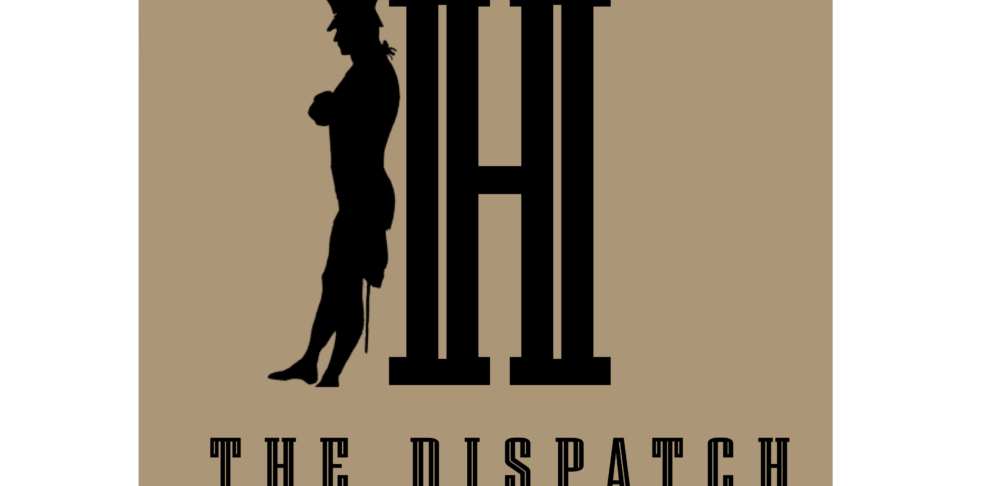In October 1935, Italian armies descended on Ethiopia. Over the next two years of war, Ethiopian courage and international condemnation upset Mussolini’s folie de grandeur. Eventually, though, the fascists’ industrialized brutality would crush Ethiopian resistance. Italy’s aggression not only cost Ethiopia its freedom but undermined the international order and emboldened Nazi Germany. In June 1950, North Korea attacked its southern neighbor. The immediate response was an international military alliance that repelled the invaders. The long-term response was a global partnership championed by Washington to deter communist dictators and sustain liberal democratic societies. These two cases illustrate alternative courses for how Russia’s war to conquer Ukraine could shape the future of the free world. Is the crisis in Ukraine subverting or solidifying the capacity of Western democracies to collectively resist authoritarian aggression?
Thus far, the West has shown unexampled unity in support of Ukraine. America and its partners have diminished Russian economic power through sanctions and supplied Ukraine with advanced weapons. Germany, which relies on Russian energy, scuppered the development of a major Russian pipeline and promised major increases in its defense spending. Turkey, which recently bought Russian missile defense systems, closed the Bosphorus to Russian shipping. Hungary, whose prime minister is personally close to Putin, has faithfully followed the alliance. Outside NATO, Japan, Australia, and many Southeast Asian and African nations have imposed sanctions on Russia or decried its aggression.
Some scholars believe Russia’s war in Ukraine can rejuvenate the West as a champion of liberal-democratic principles. In historian Stephen Kotkin’s view, the West can use this moment to reassert values like the “rule of law, democracy, private property, open markets, respect for the individual, diversity, and pluralism of opinion.” Citing how the Korean War roused Washington from postwar stupor into an energetic containment strategy, these thinkers argue that Russian aggression can spur Western leaders to deepen political and economic partnerships, invest more in collective defense, and resist the temptation to accommodate dictators. Against much uncertainty, one thing is clear: Ukrainian courage has reawakened Western minds to the fragility of human freedoms and the necessity of defending them. This defense has made a promising start. Whether it is organized to endure the trials to come can only be answered by Western leaders and their citizens.
Questions and Background
- Has the war in Ukraine revived common purpose among NATO members? How can this be used to bolster Ukraine and strengthen the alliance?
- What strategies should Washington adopt to extend its support for Ukraine into a global partnership to deter and contain aggressive autocracies?
- Are there dangers in casting the struggle in Ukraine as part of a global clash between democratic and authoritarian regimes?
- Does the use of Western sanctions against Russia encourage a wider economic strategy to reduce the dependency of democracies on the energy and tech sectors of authoritarian states?
Why Can’t the West Admit that Ukraine is Winning?
Eliot Cohen. The Atlantic. March 21, 2022.
The Return of Pax Americana?
Hal Brands and Michael Beckley. Foreign Affairs. March 14, 2022.
The Weakness of the Despot
Stephen Kotkin and David Remnick. The New Yorker, March 11, 2022.
Putin Accidentally Revitalised the West’s Liberal Order
Kori Schake. The Atlantic, February 28, 2022.
Watch: Russia and Frontline Democracies
Jeffery Gedmin, Toomas Hendrik Ilves, Peter Pomerantsev. American Purpose. September 21, 2021.

